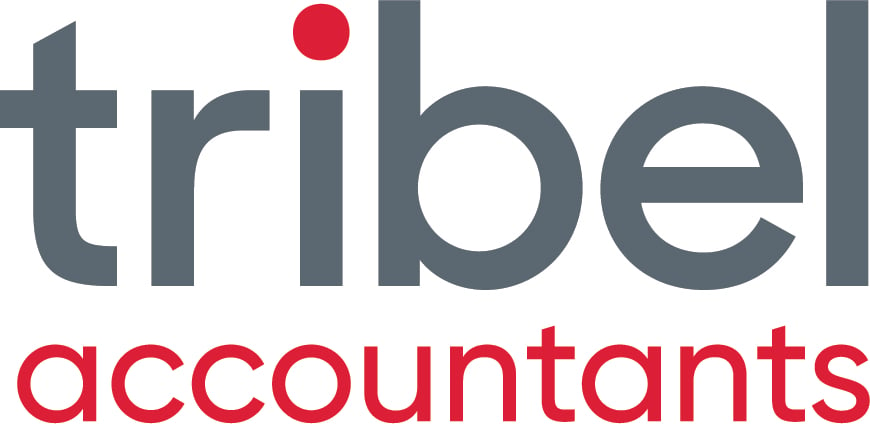INTRODUCTION:
When looking to buy a business, yes the numbers are important. However, buying on historical figures alone is fraught with danger.
Let's have a look at some of the other things a business valuer or advisor would ask you to carefully consider.
 Figure 1: Make sure the operation is clean as a whistle before you buy it.
Figure 1: Make sure the operation is clean as a whistle before you buy it.
1. Have there been any major customer losses?
Always look for trends of customer spend over the past 3 years. If they have recently stopped or reduced find out why as this could affect the bottom line dramatically particularly if they make up a large percentage of the revenue. After reviewing cash flow forecasts and comparing to actual, have some of these customers been slow to pay and are they in financial trouble?
If a major customer(s) were to leave, what would that do to profit?
This is where an analysis needs to be done on risk and then an adjustment made to the earnings multiple accordingly.
2. Will suppliers be able to provide the same products and terms
Check to see whether the enterprise you are considering to buy is reliant on its current suppliers and under what terms.
Ensure these suppliers will still be around should you take over and also make sure they are tied in on similar or better terms. A sudden increase in price could change the projected profits significantly.

Figure 2: Don't let your business get knocked out without doing thorough due diligence . Photo courtesy of Lara Scolari Gallery
3. Has technology made the enterprise redundant?
Research the market thoroughly for this industry. Is it under threat from technology or government rules or regulations changes?
Is the owner selling because the writing is on the wall? Look what the internet did to Encyclopedia Britannica! Did street directory giant Gregory's, ever consider they could become redundant one day?
4. will key people stay?
Always ask for a list of key people and find out whether they are likely to stay. Before you acquire the enterprise make sure the contract allows you speak to them prior when performing your due diligence. Will they stay on under the same terms or will they want higher remuneration?
If they were to leave what affect would this have on the bottom line and can they be replaced like for like?

Figure3: Buying an enterprise is usually a team game with your accountant, solicitor and business valuer
5. Is a new competitor coming onto the scene?
Make enquiries about whether new similar businesses would be coming into the area. Sometimes this can be found out through the local council or people with local knowledge.
CONCLUSION:
Before buying a business don't just speak to your small business accountant or advisor. Consider using an experienced business valuer as part of any due diligence. Anyone who bases a business valuation on financial figures alone is taking a risk in the highest order. Whilst the figures are still very important, there are so many other areas you need to consider and if you don't, you do so at your own peril.


.png?width=100&height=100&name=COVID_Safe_Badge_Digital%20(002).png)




